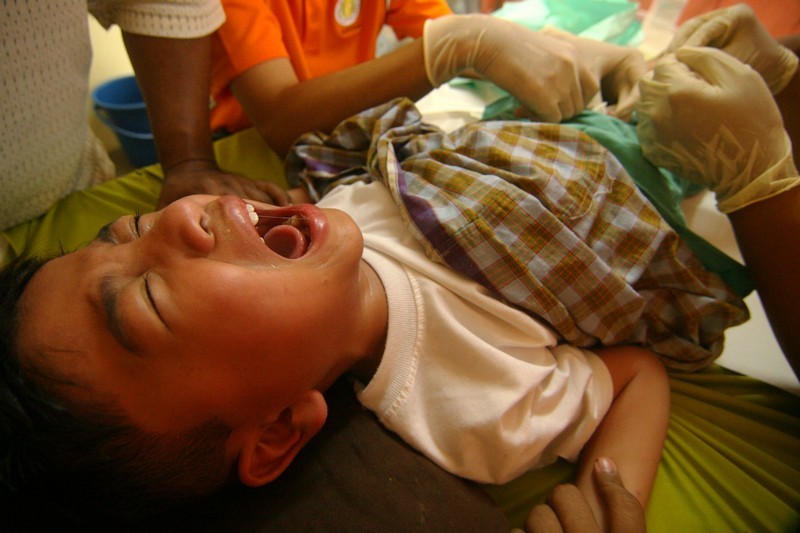As if we needed another reason to detest routine infant circumcision (RIC), a Denmark study (2015) is showing a positive correlation between boys who were circumcised and Autism Spectrum Disorder (ASD).
According to [THIS STUDY] “regardless of cultural background, circumcised boys were more likely than intact boys to develop ASD before age 10 years.”
Of course, correlation does not equal causation. With that said, anytime there is a correlation, one must beg to question further. A correlation is reason enough to cause suspicion and curiosity about the relationship between the two variables, especially when it is as profound as circumcision and autism.
How would circumcision cause autism? Their theory is that it is a psychological consequence of extreme pain, stress, and trauma associated with the circumcision.
”Long-term psychological, emotional or behavioral effects of circumcision-associated pain beyond the first six months of life have been little studied,17 but other types of neonatal injury have been shown in animal and clinical studies to produce permanent deficits in responses to stress and an increased rate of psychological problems.6,25“
The old adage that says babies do not feel pain is simply not true. They are humans and have a nervous system just as adults do. This study even suggests that newborns undergoing circumcision feel significantly more pain.
”The procedural pain associated with neonatal circumcision is plausibly more severe and the postoperative pain of longer duration than in older children and adults, because the foreskin of most neonates must be forcefully separated from the glans to which it is fused before it can be cut off.16 This leaves the circumcised infant not only with a painful incision of the foreskin but also with a raw, wounded surface of the glans that is exposed to friction and chemical irritation from urine and feces until healing.”
Not to mention the circumcision study that was halted in 1997 due to babies experiencing trauma.
Is it possible that it is a complete coincidence that circumcised boys are at higher risk for developing autism? If it is not due to pain and trauma, another theory I have is that those who do not research circumcision for their babies, might also be likely to not research things such as what they feed their child, vaccines, and formula feeding. All of which have been associated to some degree with autism. But this is only personal speculation. Ultimately, I find much logic and reason in the theory that says,
”neonatal injury have been shown in animal and clinical studies to produce permanent deficits in responses to stress and an increased rate of psychological problems.6,25“
What do you think?
To read more interesting findings in this study, CLICK HERE.




